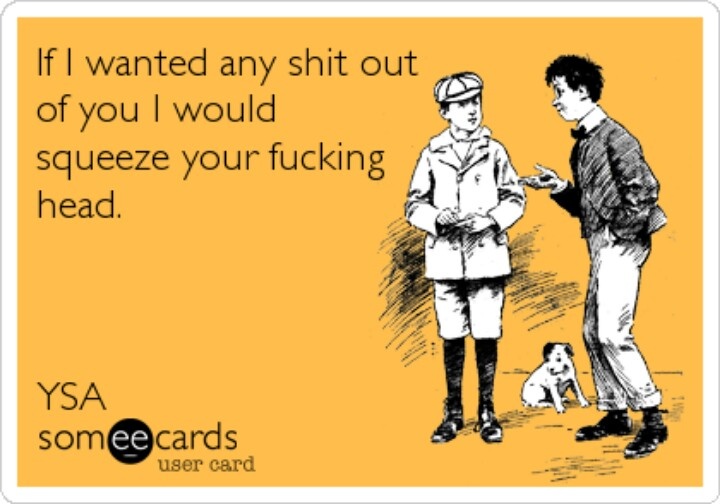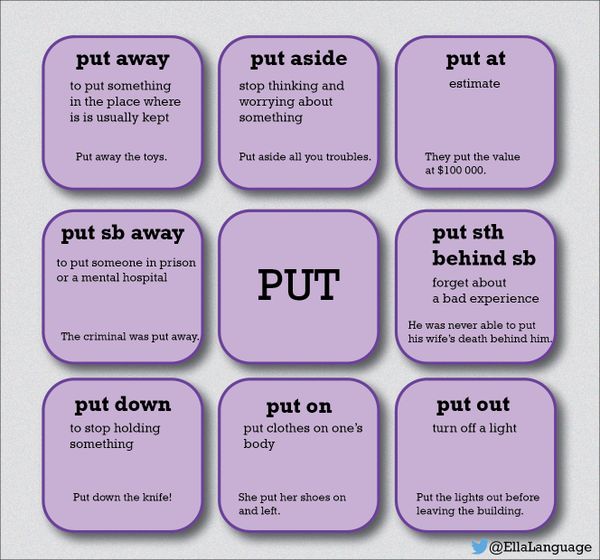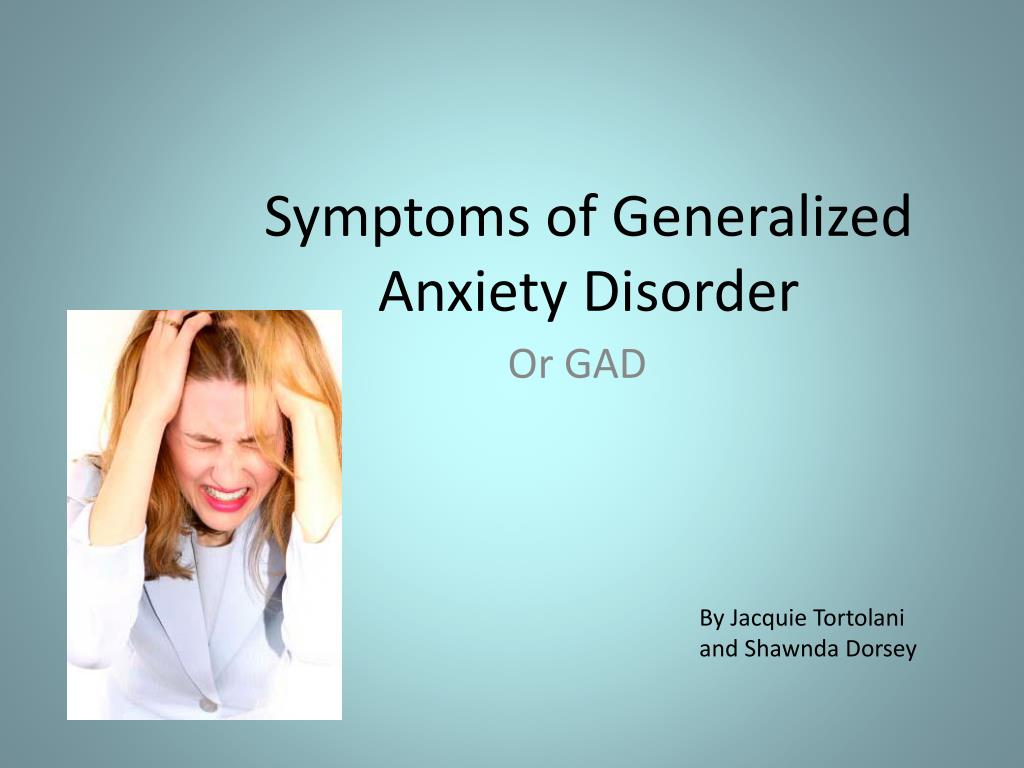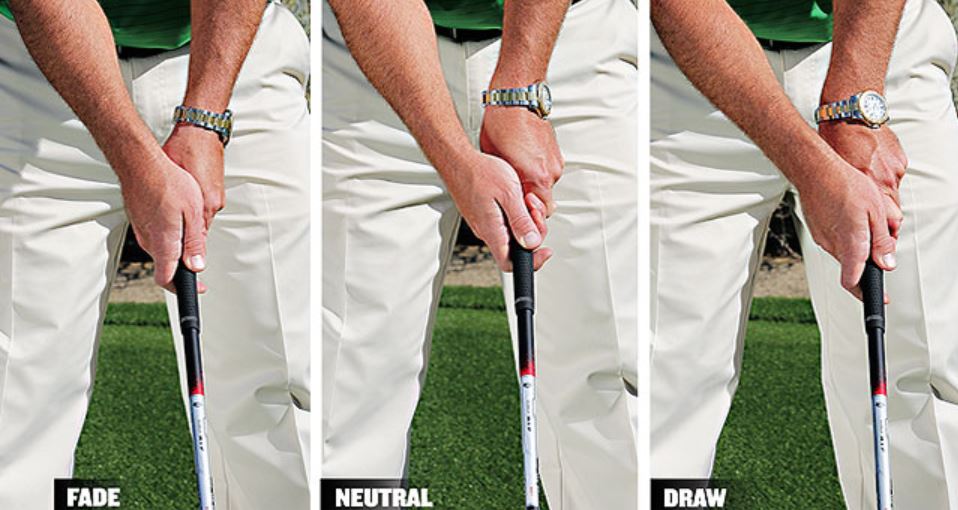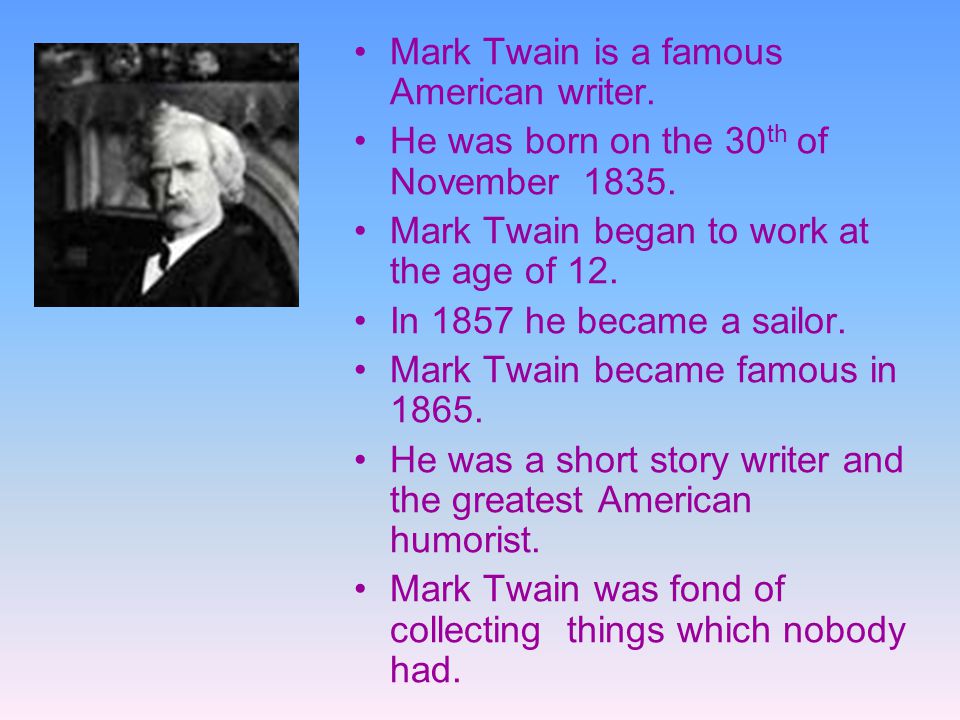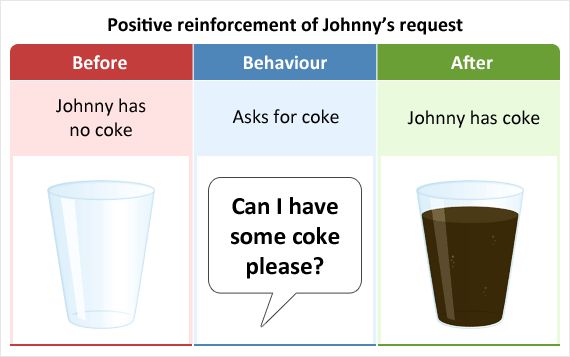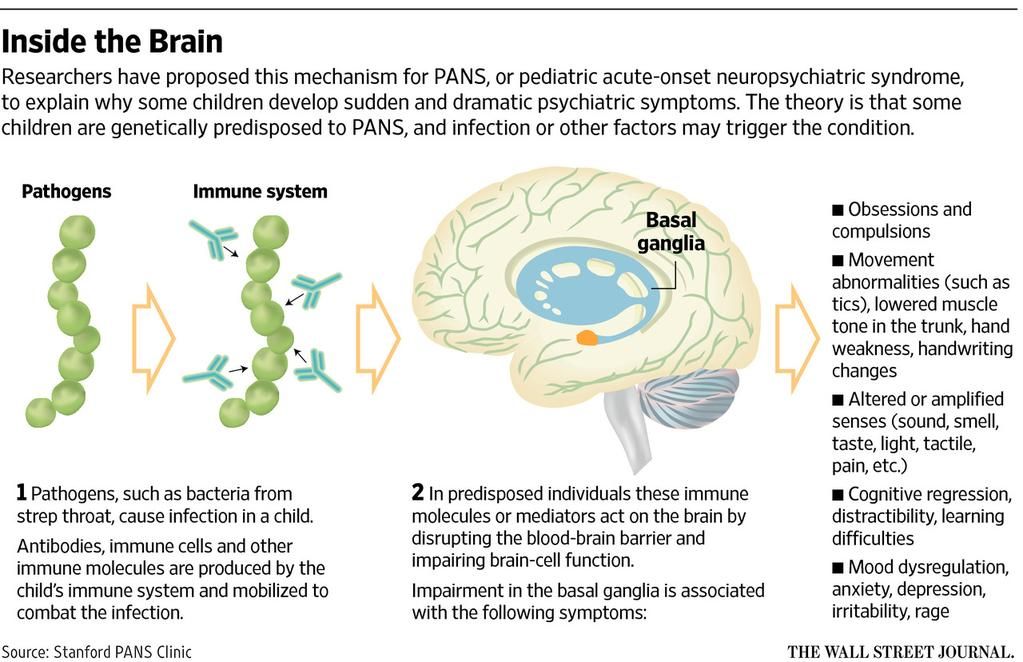How to deal with a friendship ending
How to Get Over a Friendship Breakup
It’s never easy when friendships end.
You might have been the one to decide to end it, or maybe your former friend decided to end it. The friendship might have been toxic or codependent, or it may have been totally fine and wholesome. It might have ended out of the blue, or you might have just gradually drifted apart.
Either way, it’s a tough deal.
Though friendship breakups are not discussed as often as romantic breakups, they happen to everyone. And they can hurt just as bad – or even worse – than a breakup with a romantic partner.
Ashley Mateo, writing in Oprah Magazine, has this sage insight about friendship and friendship breakups:
“Our brain doesn’t know the difference between a romantic or platonic relationship.”
And oftentimes, neither does our heart.
For more information about our
treatment programs for teens
Call Us (800) 665-4769
Whichever way it ended, it’s now over. And you’re suffering. We put our heads together and came up with some things you can do for yourself to move forward, through and past the pain of a lost friendship.
- Acknowledge your pain. First, know that your grief is normal. The pain from a breakup of a deep friendship is as real and valid as any other. You and your friend probably shared almost everything and spent practically all your time together. You talked on the phone for hours on end, and shared endless texts and messages. And now it’s all gone. That loss of intimacy and connection is real. It’s valid. And it hurts: please don’t try to tell yourself it’s nothing, because it really is something.
- Practice self-care. Though it seems far easier to mope in bed all day, make sure you get out and take care of yourself. Don’t neglect personal hygiene, and participate in your regular daily/weekly activities – even if they’re the last thing you want to do.
 Just going about your regular routine will help you recover from the pain of the breakup. It helps to take part in activities that bring you satisfaction or joy. For you, this could be reading, playing music, creating art, socializing, chilling on the beach, getting a massage, getting your nails done, or something else. If it’s a healthy outlet, and it makes you feel better, it’s self-care.
Just going about your regular routine will help you recover from the pain of the breakup. It helps to take part in activities that bring you satisfaction or joy. For you, this could be reading, playing music, creating art, socializing, chilling on the beach, getting a massage, getting your nails done, or something else. If it’s a healthy outlet, and it makes you feel better, it’s self-care. - Avoid rumination. Okay, that’s a fancy psychology word for going over old thoughts to the point where they interrupt your present happiness. In the case of the modern teen – you – we mean you should avoid browsing through your old texts and pictures all day if they bring you more sadness. If you think it will help you move forward, delete them – but remember, erasing their memory is not what you’re after. You want to process the emotion, not pretend the relationship never happened.
- Exercise. Join a new gym. Practice Pilates, yoga, or strength training. Run around the block.
 Or pick up something brand new. Physical fitness has wondrous benefits on mental health and overall wellbeing. It can help prevent the onset of depression and anxiety, and it can reduce already existing depressive symptoms in teens.
Or pick up something brand new. Physical fitness has wondrous benefits on mental health and overall wellbeing. It can help prevent the onset of depression and anxiety, and it can reduce already existing depressive symptoms in teens. - Talk to someone. This could be a parent, caregiver, school counselor, or even another friend. If your ex-friend is in the same school as you, try seeking support from a peer in another friend group, like a camp friend, a friend who lives in a different city, or maybe a cousin or neighborhood kid who goes to a different school. Additionally, realizing you have other good friends – even if they don’t live close to you – can make you feel better about the breakup.
- Read about others in your situation. You might think you’re the only one grieving a lost friendship. Think again. Google “friendship breakup” and see what happens: it brings up a long list of helpful articles and advice about how to handle exactly what you’re going through.
 Reading about others in your situation can help make you feel better about your own situation.
Reading about others in your situation can help make you feel better about your own situation. - Try a new friend group. Your former friend might have been in the same friend group as you, which could make things are awkward. If this happens, consider branching out to other peers at school, or try becoming closer with new individuals. Prepare yourself in advance – both literally and mentally – for how to go about this. Be ready for the anxiety you might feel when you walk to another cafeteria table during lunch instead of your usual one. Here are some tips and skills for making new friends that work: we’ve seen it happen many times.
- Examine what went wrong in the friendship. Oftentimes, friendships turn sour when one friend behaves insensitively toward the other. Or sometimes the toxicity is mutual. The root of the toxic behavior can often be tied to mental health issues or an underdeveloped sense of or awareness of boundaries. If you feel issues you need to work on played any part in the end of the friendship, then consider outpatient therapy – especially if this is not the first time an important relationship has suffered, or if you’ve realized that this is a recurring pattern in your life and/or friendships.

- Check your emotional health. Platonic breakups can induce an incredible amount of grief. If you feel like life isn’t worth living anymore or have thoughts of suicide, seek mental health assistance immediately. Feeling an extreme amount of sadness after a traumatic breakup can eventually lead to clinical depression – if you don’t work proactively to process your grief, loss, and sadness. If you develop clinical depression, you might need outpatient therapy. If depression escalates, you may need to spend time at a mental health treatment center.
Friends and Friendships Change Over Time
When you’re in a close friendship, you might think you two will always stay this close. But friendships don’t always last forever, despite your expectations. Friends come and go throughout your life. Think about it: the friends you had in middle school are not always the same ones you have in high school. And – though you’re not there yet – you should know your high school friends won’t always follow you to college.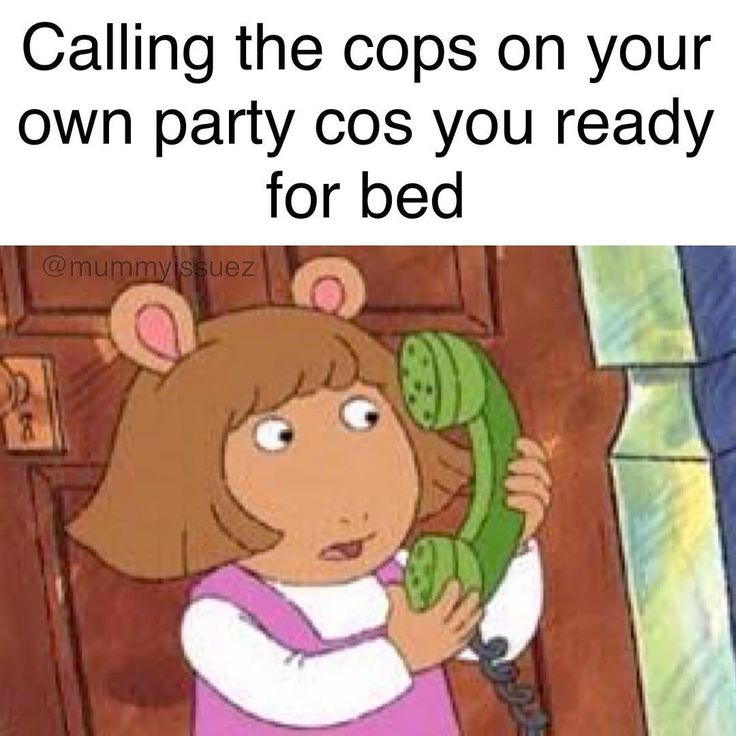 And whether you go to college or not, things change when you join the workforce: you develop a new set of work-friends/colleagues, completely different than friends you had in the past. Let this bring you comfort. Although this friendship may be over, know that as you move on in life, you’ll keep making friends – and they’ll keep enriching your life, just as you’ll enrich theirs.
And whether you go to college or not, things change when you join the workforce: you develop a new set of work-friends/colleagues, completely different than friends you had in the past. Let this bring you comfort. Although this friendship may be over, know that as you move on in life, you’ll keep making friends – and they’ll keep enriching your life, just as you’ll enrich theirs.
Ready to Get Help
Evolve offers CARF and Joint Commission accredited treatment for teens with mental health disorders and/or substance abuse. Our clients receive the highest caliber of care in our comfortable, home-like residential treatment centers. We offer a full continuum of care, including residential, partial hospitalization/day (PHP), and intensive outpatient treatment (IOP).
To speak with our admissions coordinators, call: (800) 665-4769
Yael Klein
Originally from California, Yael combines her background in English and Psychology in her role as Content Writer for Evolve Treatment Centers.
3 Steps To Take When A Friendship Ends Suddenly
Friendship breakups are never easy. Here are some ways to cope with a friendship ending.
Friendships play a vital role in our lives. From childhood to adulthood, we connect with people we feel comfortable sharing our thoughts and deepest secrets with.
While friendships will probably come and go throughout your life, some can be harder to move on from than others.
Understanding why friendships suddenly end and how to cope may help you deal with your sudden loss.
“There are as many reasons a friendship ends as reasons it begins,” says Janine Ilsley, a licensed psychotherapist based in Montclair, New Jersey. “Even in serendipitous, unanticipated ways. People come together and drift apart as natural as driftwood in the wave.”
“We tend to look for rational causes and logical reasons, but the search for understanding relationship dissolution entails (dare I say) a large amount of acceptance and compassion.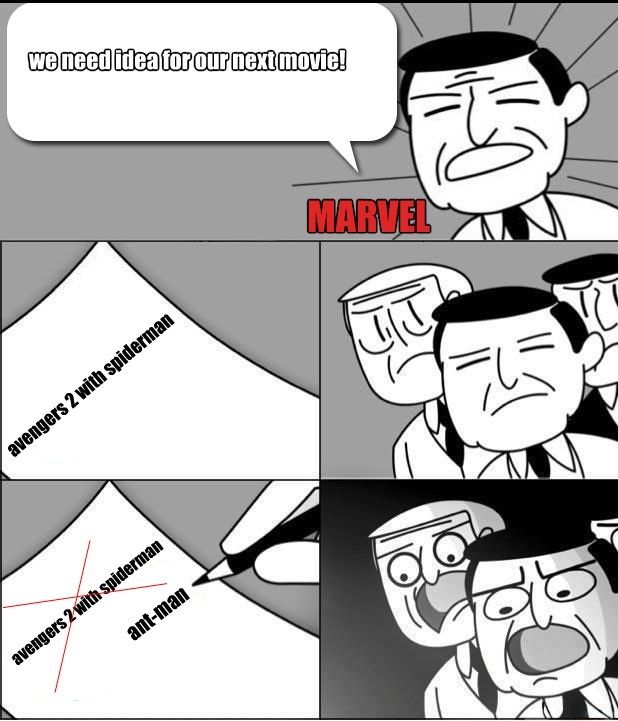 For the self, the other, and the friendship itself,” explains Montclair.
For the self, the other, and the friendship itself,” explains Montclair.
Potential reasons why a friendship might end suddenly:
- changes in expectations
- conflicts or arguments
- you outgrow each other
- an unequal amount of give and take within a friendship
- external factors, like changing jobs or moving house
How to tell when a friendship is over
There isn’t one definitive sign that a friendship is over. But you may notice the following clues that it’s coming to an end:
- You start talking with each other less.
- You have doubts that your friend cares about you.
- You don’t have as much fun together.
- You don’t act like yourself around them anymore.
- You have a gut feeling there’s a shift in the friendship.
True friendship can bring immense joy. But, when a friendship ends, whether abruptly or gradually, it can leave you feeling sad and alone.
There are ways to work through your loss and feel better.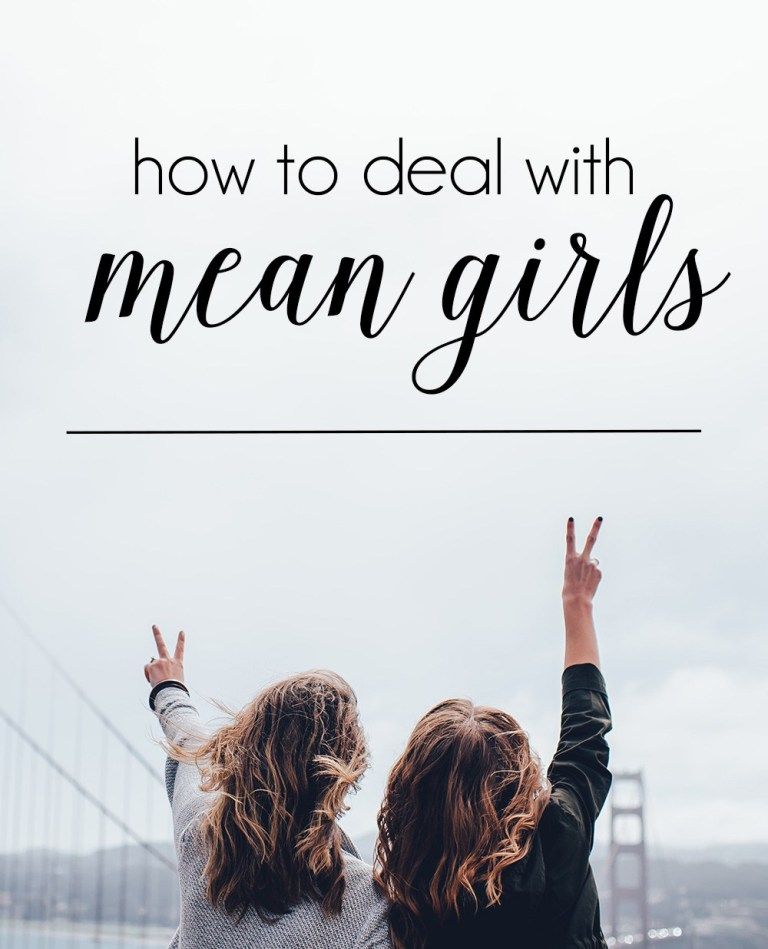 Here are a few suggestions:
Here are a few suggestions:
1. Allow yourself to feel your emotions
While closure can be an important part of working through loss, it doesn’t always happen, says Nicole Sbordone, a Scottsdale, Arizona-based licensed clinical social worker and author of “Surviving Female Friendships: The Good, The Bad, and The Ugly.”
Sbordone says grieving your friendship and allowing yourself to feel your emotions is essential.
If you’re having trouble feeling your feelings about your lost friend, she recommends writing a letter to them and ripping it up. This will allow you to express your emotions honestly without worrying about anyone reading them.
2. Prioritize yourself
“It’s easy to blame ourselves when friendships don’t work out,” says Laura Rippeon, owner and licensed clinical social worker providing psychotherapy at Calm Waters Counseling PLLC in Willington, North Carolina.
“Make sure to give yourself a break and treat yourself with kindness and compassion as you navigate through the hard stuff,” Rippeon says.
Ilsley suggests spending time in nature, writing daily, or meditating to help you tune in to what’s happening inside you.
3. Seek a mental health professional
It can be difficult to deal with the pain that follows the loss of a friendship.
Speaking with a therapist may help uncover the emotions and beliefs that can accompany the end of a friendship, says Ilsley.
If you don’t express your feelings, you may repress them. “It’s left undigested and unmetabolized as opposed to integrated into the fabric of our relational lives,” Ilsley says.
Looking for a therapist, but not sure where to start? Psych Central’s How to Find Mental Health Support resource can help.
Friendships are an important part of our lives and may suddenly end for various reasons, including conflict and changed circumstances.
While there’s typically no one specific sign that a friendship is over, there are clues that your friendship may be ending. For example, you might not talk or see each other as often as before.
When a friendship ends, there are ways to cope with the loss. You may find it helpful to speak with a therapist, for example.
While losing a friendship is challenging, focusing your time on existing friendships and making new friends can be a positive step forward.
How to survive the breakup of friendships | Psychology of effective life - Psychology of effective life
You were sure that you would be together until the end of your days, but it's all over. And now you no longer have that same best friend, but it seems like a part of yourself. You never doubted her and knew everything about each other: the most disgusting flaws and crazy dreams, all kinds of nonsense. You were sure that you were "friends for life", but one day, without warning, your "other self" left you. She simply disappeared, leaving behind a gaping void in her soul.
Psychoanalyst Daniel Brun, author of Passion in Friendship (Odile Jacob), explains what happens when friendships break.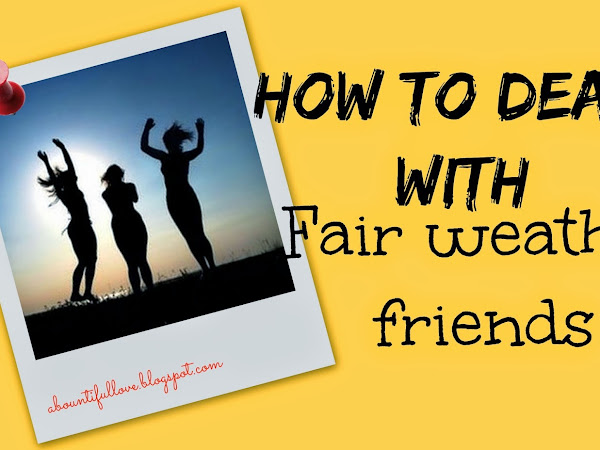 It is necessary to understand this in order to recover from the loss.
It is necessary to understand this in order to recover from the loss.
When you no longer have common values
There are times when friendships “for life” begin in childhood, but then fade away. One received a higher education, and the second remained to live in the village. One got married early and gave birth to the weather, the second wants to make a career. You need to love each other very much and have time to keep in touch in this situation.
And one day you don't think about each other anymore. But everything can one day resume, because the break did not happen, life just gently divorced you. Friendship seems to be put on hold. A friend continues to live in your heart until you meet again. Or never meet again. And it doesn't hurt.
Betrayals happen. For example, a friend took away a loved one. Here, naturally, we are overcome by anger and disappointment. And the reason is still not in a friend, the bitterness of disappointment in love comes to the fore.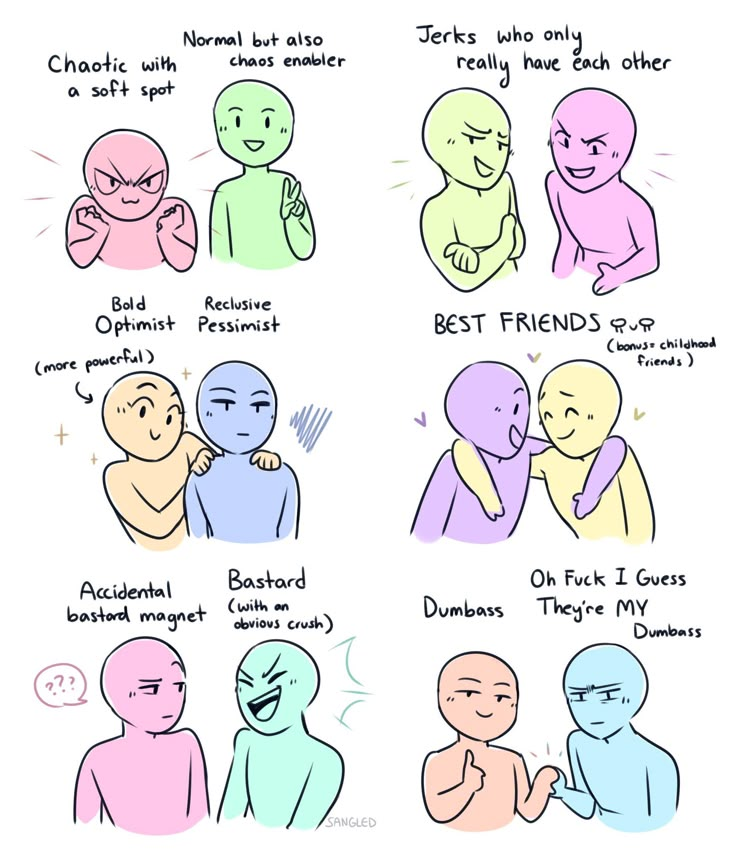 What about a girlfriend? It's easier to forget about it.
What about a girlfriend? It's easier to forget about it.
There is misunderstanding, suffering from parting in its purest form, when friendship ends suddenly and for no apparent reason. How could my friend, the sister of my heart, do this - just throw me out of her life?
- She chose love over our friendship (for some reason, no one ever chooses the other way).
— I was not good enough for her (friend changed social environment).
- She preferred another friend to me.
She doesn't like my new man.
- She criticizes my child-rearing methods.
She intervenes in things that do not concern her.
So one fine day it turns out that we can no longer tolerate each other. Then we look for and find all sorts of excuses to justify the breakup. This is provided that the girlfriend does not dissolve quietly and imperceptibly, as if she had never been in our life.
“My best friend burned all the bridges between us at once, without any explanation.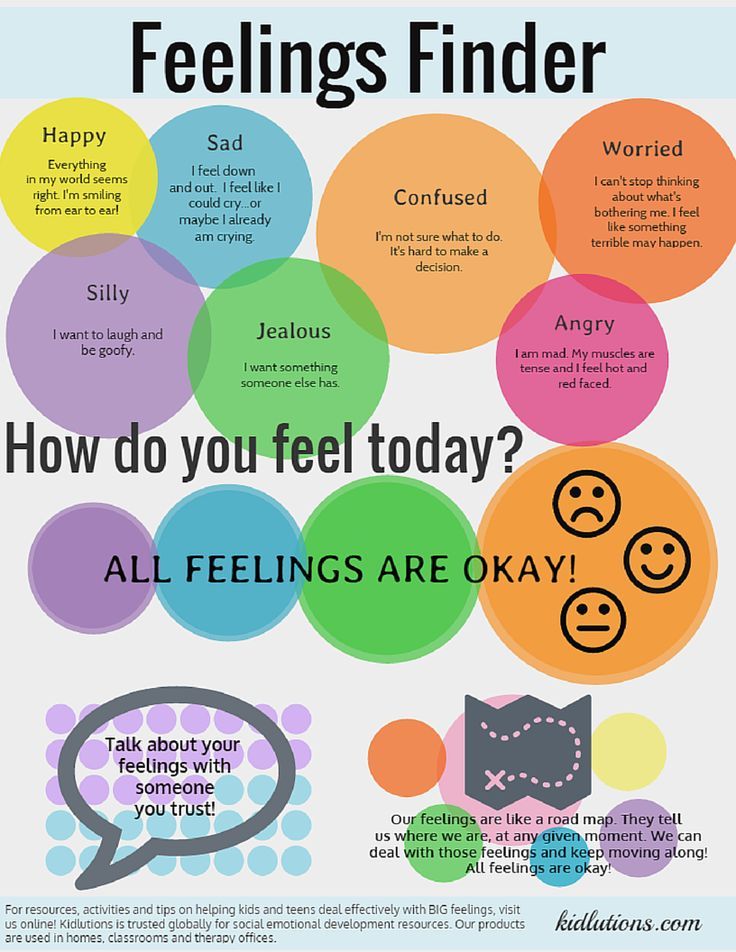 She never answered my calls or messages again. And she removed me from her Facebook friends, - says Alina, 27 years old.
She never answered my calls or messages again. And she removed me from her Facebook friends, - says Alina, 27 years old.
Unlike love, friendship is always mutual. You and your friend are always on the same wavelength. "Friendship is sharing common values," says Daniel Brun. It begins to show its first cracks the day we begin to think differently. A friend should follow our path with us and perhaps even repeat its turns.
Of course, this is ideal. Life is complicated, so for the sake of maintaining friendship, it is worth respecting the choice of our friends, just as they respect yours. However, these emotional stunts are not always easy to perform on tight turns. For example, when you choose a man who absolutely does not like your best friend, or when she radically changes her political views, the bond between you begins to weaken until you stop thinking about her at all one day.
Disappointed passion
If a part of you disappears just like that, then maybe it was ready to leave a long time ago, it just needed a convenient excuse and the right moment. “She had recently divorced, so she wanted to change her life and her entire environment, to break with everything that reminded her directly or indirectly of her recent past, ,” analyzes 37-year-old Sybil. “ I never thought that she would get rid of me like an old sock, just because I became an unwitting witness to the past that she wanted to erase.”
“She had recently divorced, so she wanted to change her life and her entire environment, to break with everything that reminded her directly or indirectly of her recent past, ,” analyzes 37-year-old Sybil. “ I never thought that she would get rid of me like an old sock, just because I became an unwitting witness to the past that she wanted to erase.”
This situation often occurs at the beginning of a new life cycle, which inevitably leads to profound personal changes. A friend who wants to change brushes off her confidante, a witness to her emotional turmoil, because it reminds her of who she was, but doesn't want to stay anymore. And you, falling from the pedestal of friendship, do not understand anything! And if you are not explained in any way the reasons for the sudden rejection, then only because most often they are deep in the subconscious, your recent best friend will not be able to formulate them even for herself.
“If this happens when you are the first to realize that you no longer share the values that bound you before, then you yourself will be faced with a choice and will be forced to end the relationship,” says Daniel Brun.
To stop suffering, you need to try to find meaning in this gap.
The problem is that not everything can always be explained. "Sometimes friendship just gets boring," says Daniel Brun. The impulse has passed, the passion has faded, because it was just her, otherwise we would have been indifferent to everything from the very beginning. It will take some time to finally formulate the right question for yourself: “What have I invested in my girlfriend that now the breakup is causing me such pain?”
What we are losing
In his essays, Montaigne wrote about friendship: i" . To lose a friend is to lose with him everything that you have invested in him. Someone who rejoiced in your happiness and mourned our troubles with us. Someone you admired and who responded the same to you. To whom one could tell everything without fear of condemnation.
"A friend must become a master in the art of divination and in the art of silence," said Nietzsche. Aristotle defined a friend as "the one who makes us better" . As an ideal of himself, psychiatrists would add.
Aristotle defined a friend as "the one who makes us better" . As an ideal of himself, psychiatrists would add.
A friendly look made you feel truly alive and real. When a friend leaves you, it's like you're falling from a height. You are no longer unique and extraordinary. And there is no one else with whom you can chat for hours, as in childhood. Losing friends take with them not only a part of you, but also your ability to trust. Sometimes it takes a long time to recover from a loss.
If you can't get over this kind of trauma, it's good to know that you can build new friendships throughout your life, friendship is not the exclusive privilege of childhood and adolescence. And the right thing to do in a new relationship might be to forego the full merger and exclusivity requirements. And also not to make your “second self” or “soul mate” out of a new friend and have a few heart friends.
Source
Editorial
Friendship deserves some effort to maintain, says journalist Jessica Xavier. In her article you will find 10 tips for maintaining friendly relations: https://psy.systems/post/kak-podderzhivat-druzhbu.
In her article you will find 10 tips for maintaining friendly relations: https://psy.systems/post/kak-podderzhivat-druzhbu.
Betrayal - what could be worse than a knife in the back from a person you completely trust? Few are willing to see this as a positive and a valuable resource. Tips from a happy change coach, trainer Irina Fjellner Patlakh will help to survive betrayal less painfully and see this phenomenon from different angles: https://psy.systems/post/kak-perezhit-predatelstvo-s-polzoj-dlya-sebya.
Do you notice that your child has communication difficulties? Pedopsychiatrist Stefan Klerge tells how you can help him make friends: https://psy.systems/post/kak-pomoch-rebenku-zavesti-druzej.
How to get over a breakup… with a friend
Know yourself A man among men
We were taught from childhood that “strong friendships will not break”, but the truth is that relationships with a loved one will not necessarily last our whole life. It’s an unpleasant thought, but the sooner we come to terms with it, the easier it will be for us, says coach and friendship specialist Daniela Bayard Jackson.
It’s an unpleasant thought, but the sooner we come to terms with it, the easier it will be for us, says coach and friendship specialist Daniela Bayard Jackson.
“When entering into a relationship with a new partner, we usually ask ourselves if we will succeed, if he will turn out to be “the one”. However, such doubts rarely visit us when it comes to friendship. For some reason, it seems to us that a friend will remain a friend by default, forever. That is why we so painfully endure a sudden break with him or even a gradual separation. We feel like we did something wrong."
Sometimes it is true: friendship, like any other relationship, requires work, investments from both sides. In fact, it often seems to us that friendship will continue “by itself”. Moreover, many of us realize the value of social connections only after losing them.
How can you help yourself get over this breakup?
1. Allow yourself to mourn the loss
Don't try to pretend that nothing happened, be honest with yourself and others: you are going through hard times and need support in exactly the same way as if you broke up with a romantic partner. Your feelings are hurt - so allow yourself to grieve in full and remember to take care of yourself. A break is a break, and healing will take time.
Your feelings are hurt - so allow yourself to grieve in full and remember to take care of yourself. A break is a break, and healing will take time.
It seems strange to us that one can grieve at the loss of a friend as much as at a divorce, but in fact there is nothing surprising in this: we were sure that it was “for life”, and we are especially hurt because for disappointed expectations. 2. Try to figure out what happened end of friendship? Daniela Bayard Jackson advises asking yourself the following questions: What exactly happened? What did each of us do? How do you feel about this?
If possible, try to talk to a (former) friend - not to convince him, but to put a final end to the relationship, close this door and not hope for a continuation of the relationship. However, it is not always there: a once close person may ignore your calls and messages, evade your attempts to clarify everything, or block you altogether.
“In this case, we often go over and over again in our heads the dialogue that we could have, rehearse what we could say. Try to stop this stuck “mental record,” Jackson advises. “If you think that you are to blame for a former friend, apologize, but try not to hope for an answer.”
Try to stop this stuck “mental record,” Jackson advises. “If you think that you are to blame for a former friend, apologize, but try not to hope for an answer.”
3. Determine what you need to move on
Once you understand the impact that the breakup with a friend has had on your life and emotional state, you will be able to understand what you need to recover: give yourself extra time to mourn, talk to someone you trust, or isolate yourself from anything that might remind you of a former friendship.
Jackson recommends using the language of gratitude even when talking to yourself: "As soon as you feel able to talk about friendship in the past tense, mentally thank your friend for all the good that he gave you and communication with him."
4. Analyze what is going on with other friends
Breaking up a friendship inevitably makes us worry about how it will affect relationships with other friends, especially if we had a common company. The expert advises not to hide what happened: “If we lose an arm, the rest of the body will definitely “notice” this. Yes, this can lead to further breakups too, but in this case it is appropriate to ask the question, were these people “yours” from the beginning.
Yes, this can lead to further breakups too, but in this case it is appropriate to ask the question, were these people “yours” from the beginning.
True friends will definitely support you. At the same time, you need to understand that they have the right to communicate with your former friend if they want. And accept it.
Make it a rule to regularly "check the pulse" of your relationship with different friends: are you doing well, do you need to give a particular friend more attention and time. After all, when was the last time you saw each other in person, and not in the vastness of social networks?
5. Remember that you still deserve friendship
Don't let a break with one friend make you feel worthless, unworthy of friendship. Yes, making friends can be tricky, especially as an adult, but don't give up trying.
Remember that you deserve acceptance from others and kindness to yourself - first of all from yourself. This awareness of your own worth will help you get through difficult times.